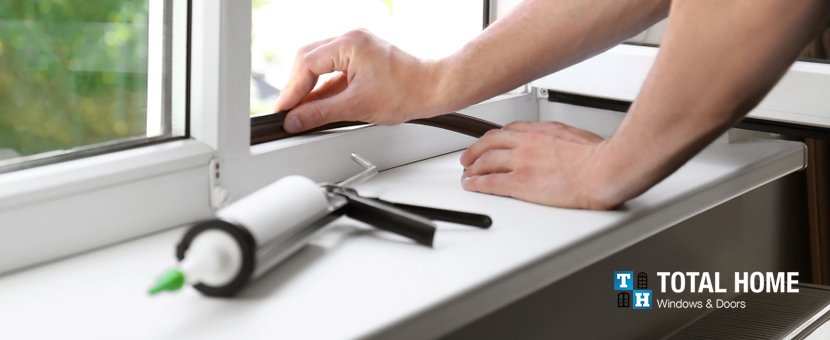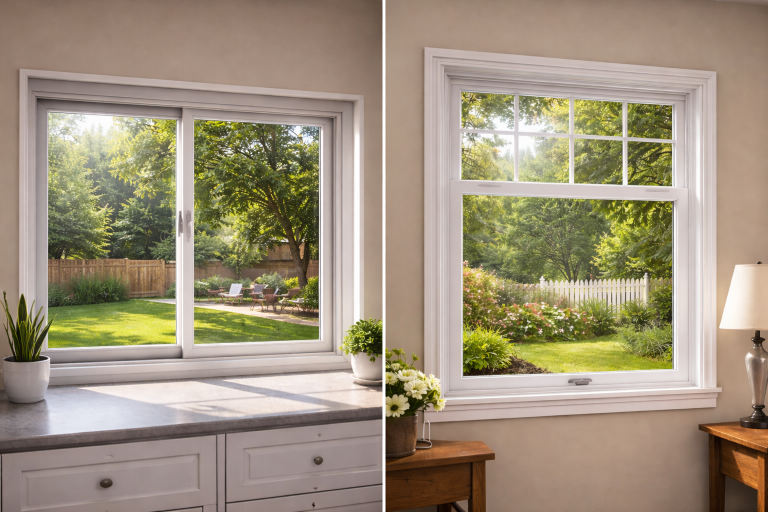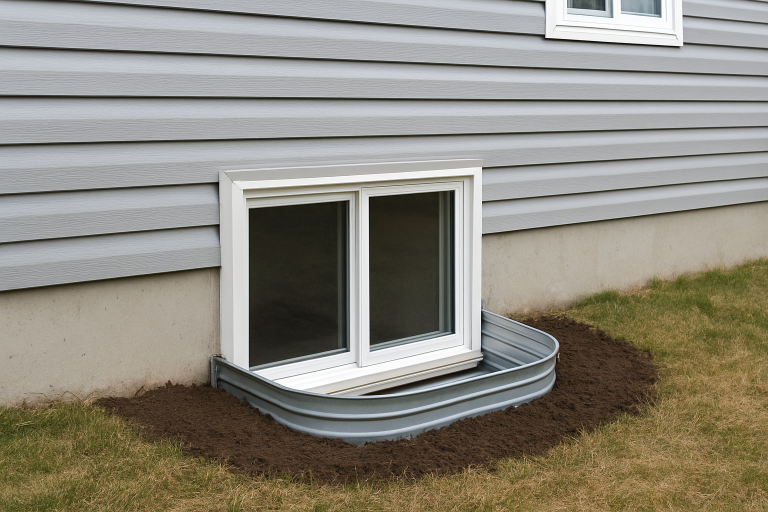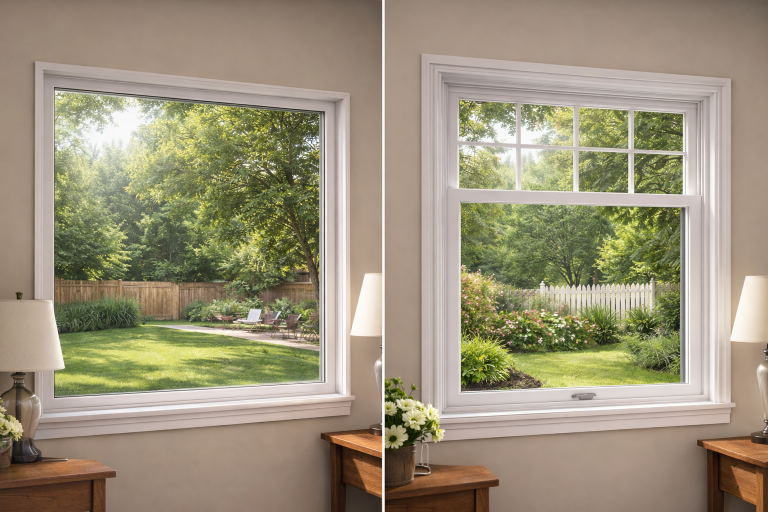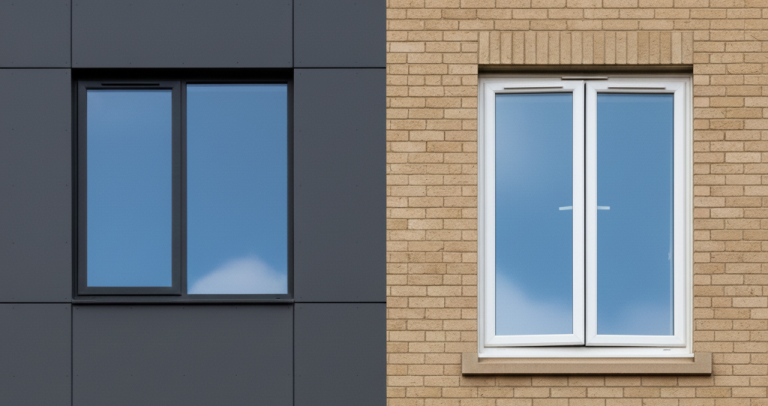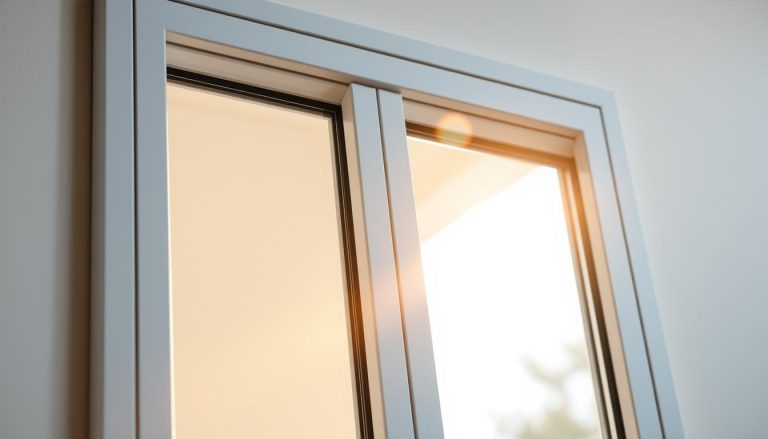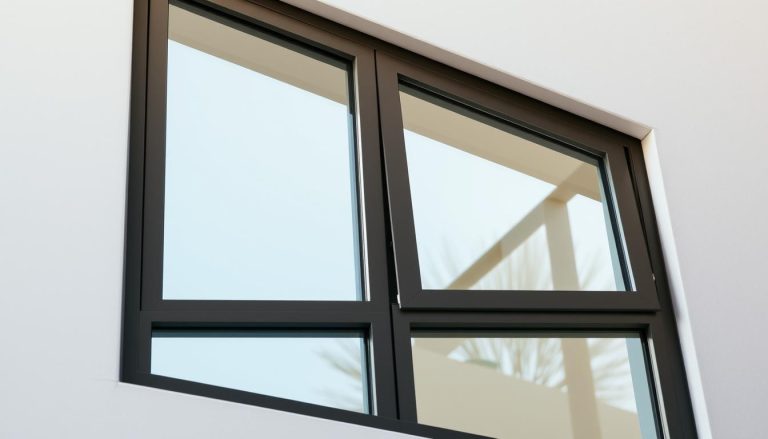Window Replacement Near Me
Find related products
Find related services
How to Inspect Your Window Caulking
A simple way to boost the energy efficiency and insulation properties of your windows is to ensure that the window caulking is still intact. Caulking not only protects your home from cold air drafts in the wintertime, but it also helps keep out insects and humidity.
In the following article, you will learn how to inspect your Barrie windows to ensure that the caulking is properly installed.
How Does Window Caulking Work? Is There a Lot to Know About How to Caulk Windows?
Composed of malleable silicone, windows caulking is used to fill in the gaps between the edge of the window and the wall. Its unique design allows it to expand or contract over time. Eventually, air bubbles can appear in the caulking, as well as cracks. This can make it easier for insects to get into your house as well as cause air leakages, which could affect your energy costs.
Luckily, windows caulking is one of the easiest DIY fixes for most homeowners. In rare cases, you might need to enlist the help of a professional, but in most cases, it is a simple task.
If your windows have recently been replaced, there is a very good chance that caulking is covered in your window warranty. If this is the case, any caulking repairs will be covered until the end of the warranty. It is always a good idea to check the fine print, though, as some window companies only cover windows caulking in the first two years following the window installation. In most cases, there is no cost for caulking repair.
*For newly installed windows, you should wait about three weeks after the installation, as the caulking needs time to fully dry and settle. In the month that follows your window replacement, it is wise to inspect the edges of the window frames several times to see if there is any missing caulking on both the interior and exterior windows.
Steps on Inspecting Window Caulking
- Inspect the caulking on all of the windows in your home to make sure it is consistent. Make sure that every space has been evenly filled. Holes or cracks in the caulking can result in insects, air drafts, and excessive humidity in your home. Insects tend to nest on the window frame, so it is important to make sure that there are no minute cracks or holes in the caulking.
- As the caulking is settling, it may bubble on the window around the edges or the bottom. As this occurs, some of the insulation foam can bubble as well and find its way into the caulking. This is most likely covered under your window warranty.
- Caulking may seep over to other surfaces of the window, which can cause discoloration on these surfaces.
- Over time, the caulking may separate from the window unit, resulting in cracks and holes that must be repaired to avoid the aforementioned issues.
Your windows installer should take the time to inspect your windows as well as the caulking once the installation process is complete. They will ensure that the caulking is evenly applied to blend into the aesthetics of your home as well as to prevent any issues with your windows.
Should you have any further concerns about windows caulking, do not hesitate to contact us at Total Home Windows and Doors. We can inspect your windows to see if there are any issues. Call us today to set up a time for a free in-home visit.

